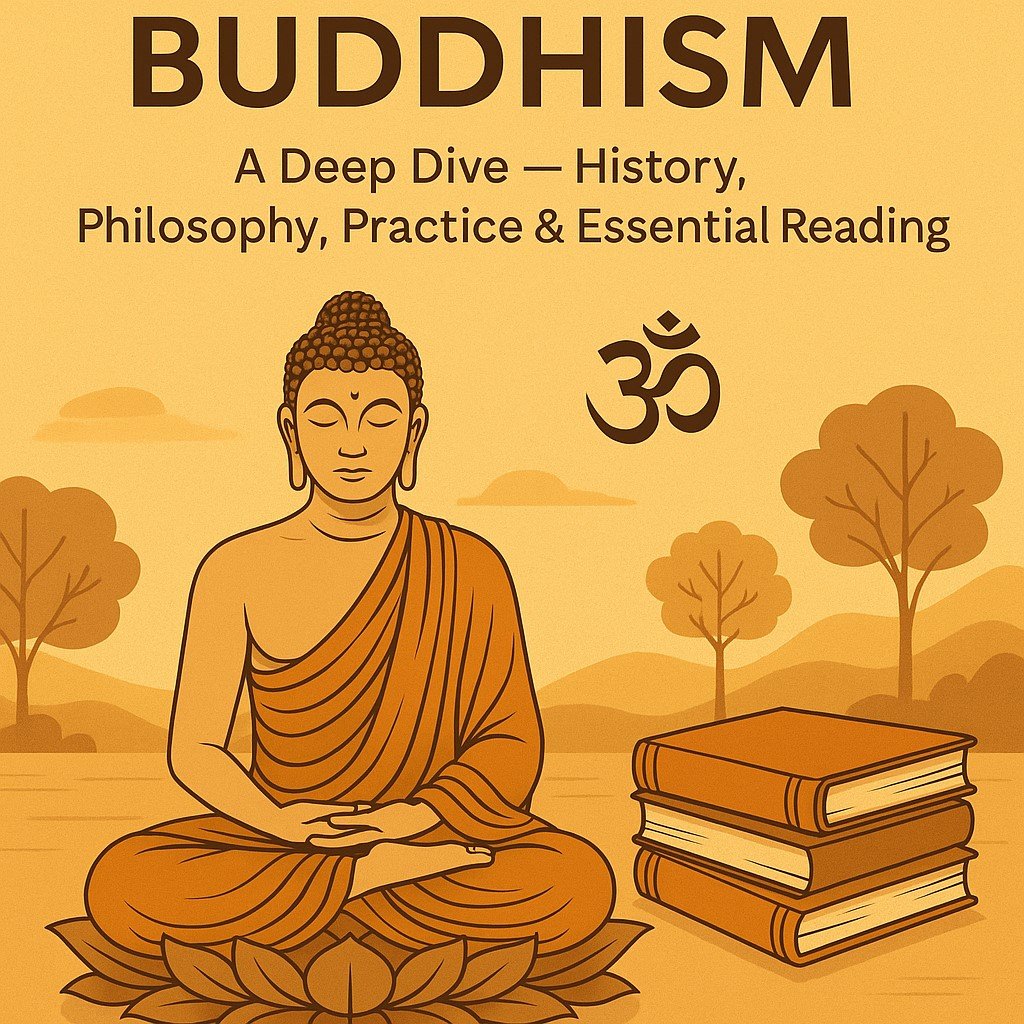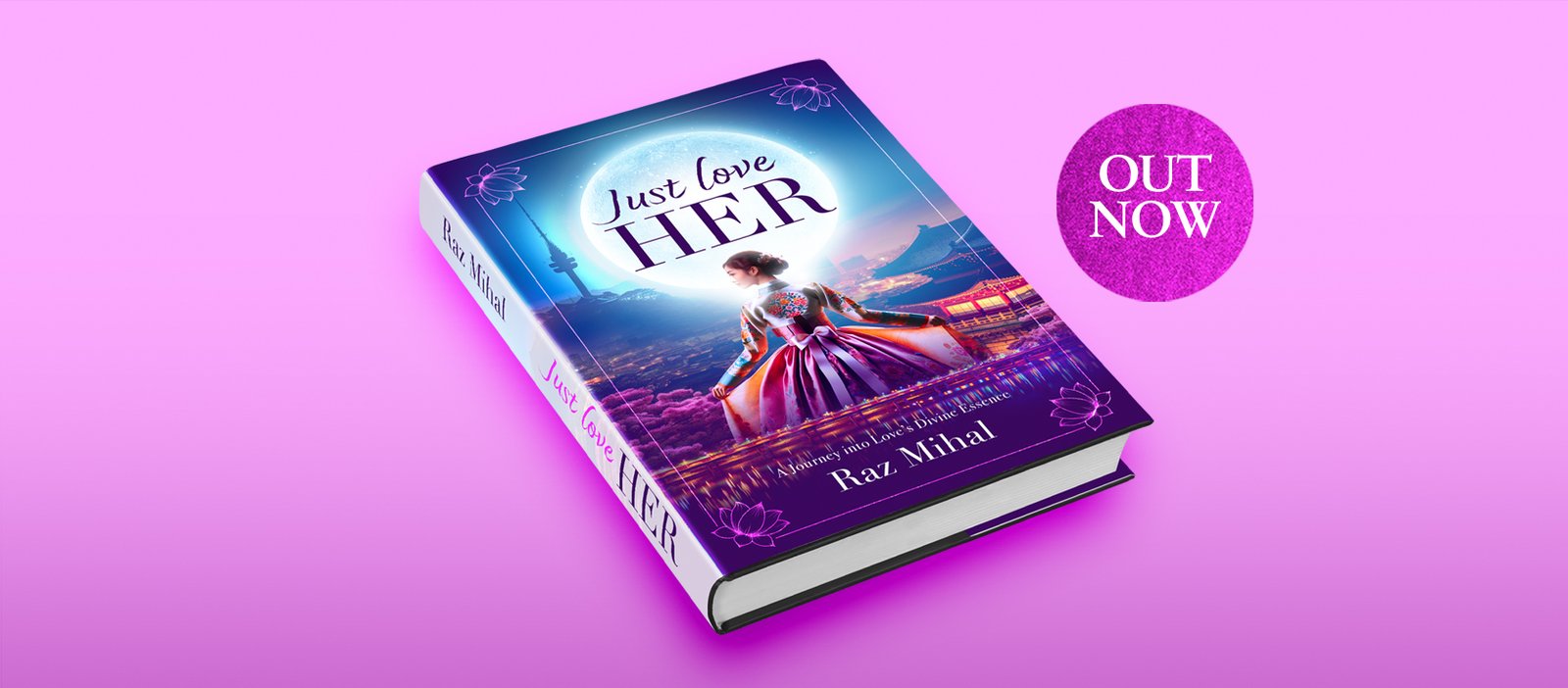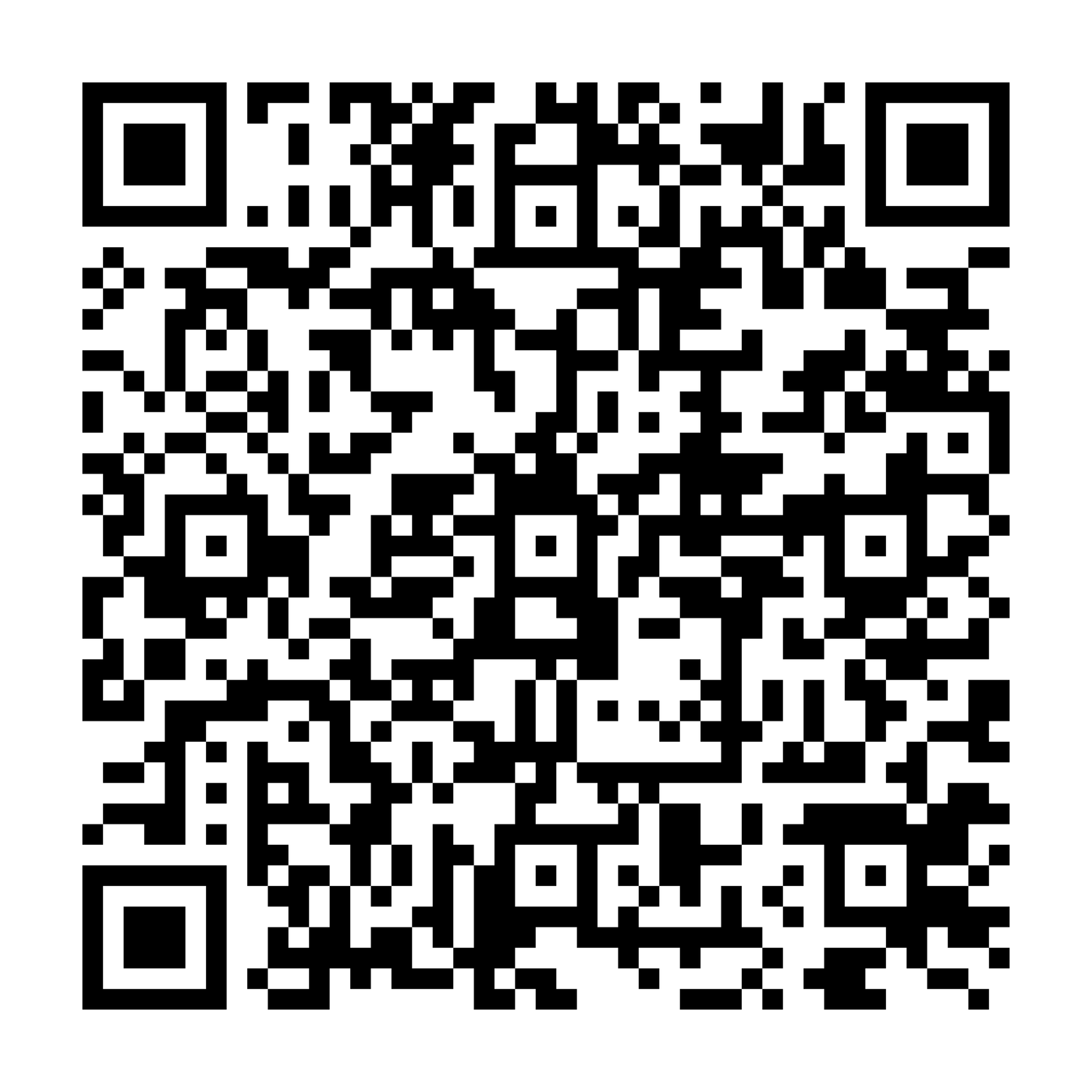Explore a transformative journey through Buddhism – its origins and evolution, teachings and schools, science-backed benefits, modern evolutions, and a rich reading list spanning traditions.

Buddhism is more than a religion, it’s a timeless philosophy, a profound spiritual practice, and a guide to living with wisdom and compassion. Born in ancient India and flourishing across Asia and the world, Buddhism continues to inspire millions with its focus on mindfulness, inner peace, and liberation from suffering.
1. Historical Origins & Evolution
A Brief History of Buddhism
Buddhism originated in the 5th-6th century BCE in northern India, founded by Siddhartha Gautama, who became known as the Buddha or “The Enlightened One.” Born a prince, Siddhartha renounced his luxurious life in search of deeper meaning after witnessing the realities of old age, sickness, and death. Through years of asceticism and meditation, he attained enlightenment under the Bodhi tree and dedicated his life to teaching others the path to liberation.
From India, Buddhism spread throughout Asia, giving rise to various schools like Theravāda in Sri Lanka and Southeast Asia, Mahayāna in East Asia, and Vajrayāna in Tibet and Mongolia. In the modern era, Buddhism has become a global phenomenon, influencing psychology, mindfulness movements, and interfaith dialogue.
The Life of the Buddha
- Born Siddhartha Gautama circa 5th century BCE in Lumbini (Nepal). A sheltered prince who encountered suffering — old age, sickness, death — and renounced his royal life.
- After years of asceticism, he attained enlightenment under the Bodhi Tree in Bodh Gaya, becoming the Buddha (“Awakened One”). He then taught for about 45 years across northern India.
Spread Over Asia and Beyond
- Theravāda: Traditions in Sri Lanka and Southeast Asia, preserving the early Pāli Canon.
- Mahayāna: “Great Vehicle” schools like Zen, Pure Land, and Nichiren, flourishing in East Asia.
- Vajrayāna: Tibetan and Himalayan tantric traditions with rich ritual life.
- Buddhist modernism and global migration have brought the dharma to the West and beyond.
2. Core Teachings & Principles
Core Teachings of Buddhism
At the heart of Buddhism are several essential teachings:
- The Four Noble Truths:
- Life contains suffering (dukkha).
- Suffering is caused by craving and attachment.
- There is an end to suffering (nirvana).
- The path to the end of suffering is the Eightfold Path.
- The Eightfold Path:
- Right View, Right Intention, Right Speech, Right Action, Right Livelihood, Right Effort, Right Mindfulness, Right Concentration.
- The Three Jewels: The Buddha, the Dharma (teachings), and the Sangha (community).
- Karma and Rebirth: The belief that actions have consequences and lead to rebirth.
- Meditation and Mindfulness: Core practices aimed at developing insight and serenity.
The Four Noble Truths
- Dukkha – Life involves suffering or unsatisfactoriness.
- Samudaya – Craving causes suffering.
- Nirodha – Ending craving ends suffering (nirvāṇa).
- Magga – The Eightfold Path leads to liberation.
The Noble Eightfold Path
- Prajñā (Wisdom): Right View, Right Intention
- Śīla (Ethics): Right Speech, Action, Livelihood
- Samādhi (Concentration): Right Effort, Mindfulness, Concentration
Key Doctrines
- Anicca (Impermanence)
- Anattā (No-Self)
- Karma & Rebirth
- Śūnyatā (Emptiness) in Mahāyāna traditions
3. Major Schools of Buddhism
Schools of Buddhism
- Theravāda Buddhism – “The Teaching of the Elders,” prevalent in Sri Lanka, Thailand, Myanmar, Laos, and Cambodia, focuses on the earliest teachings preserved in the Pali Canon.
- Mahayāna Buddhism – Known as “The Great Vehicle,” it encompasses traditions like Zen and Pure Land, emphasizing compassion and the bodhisattva ideal.
- Vajrayāna Buddhism – “The Diamond Vehicle,” includes Tibetan Buddhism, incorporating advanced meditation techniques and rich ritual practices.
3.1 Theravāda
- Tradition anchored in early discipline
- Focus on Vipassanā insight meditation and monastic life
- Classic reads: What the Buddha Taught, The Dhammapada, In the Buddha’s Words
3.2 Mahāyāna
- Emphasizes compassion and the bodhisattva ideal
- Includes Zen and Pure Land
- Iconic texts: Heart Sutra, Diamond Sutra, Zen Mind, Beginner’s Mind
3.3 Vajrayāna
- Tibetan Buddhism with tantric practices, mantras, and visualizations
- Notable reads: The Tibetan Book of Living and Dying, Words of My Perfect Teacher
4. Meditation & Mindfulness
Traditional Techniques
- Samatha: Concentration toward calm and stillness
- Vipassanā: Insight into impermanence and mind-body phenomena
- Metta: Cultivation of loving-kindness
Benefits Backed by Science
- Reduces stress, anxiety, and chronic pain
- Enhances attention, memory, mood regulation, and executive control
- Increases pain tolerance
Modern Western therapies (like MBSR) embrace these techniques.
5. Secular & Contemporary Buddhism
- Stephen Batchelor champions Secular Buddhism, valuing the Dharma in a rational, non-dogmatic light .
- Focus is on psychological practice, not metaphysics, with questions like “Does it work?” rather than “Is it true?” secularbuddhism.com.
6. Extensive Reading List
🎓 General Introductions
- Everything Buddhism by Arnie Kozak
- Buddhism: A Journey Through History by Donald Lopez Jr.
📜 Early Buddhist Works
- What the Buddha Taught – Walpola Rahula
- The Dhammapada – Eknath Easwaran
- In the Buddha’s Words – Bhikkhu Bodhi
🧘 Meditation & Practice
- Mindfulness in Plain English – Bhante Gunaratana
- The Miracle of Mindfulness – Thich Nhat Hanh
- Zen Mind, Beginner’s Mind – Shunryu Suzuki
- The New Meditation Handbook – Geshe Kelsang Gyatso
🕊️ Mahāyāna / Zen
- Heart Sutra, Diamond Sutra (multiple translations)
- An Introduction to Zen Buddhism – D.T. Suzuki
💡 Secular & Philosophical
- Buddhism Without Beliefs – Stephen Batchelor
- After Buddhism – Stephen Batchelor
- Why Buddhism Is True – Robert Wright
❄️ Tibetan Vajrayāna
- The Tibetan Book of Living and Dying – Sogyal Rinpoche
- Words of My Perfect Teacher – Patrul Rinpoche
- The World of Tibetan Buddhism – Dalai Lama & Thubten Jinpa
📖 Biographical & Narrative Works
- Old Path White Clouds – Thich Nhat Hanh
- The Life of the Buddha – T.W. Rhys Davids
7. Integrating Buddhism Into Everyday Life
- Learn core doctrines like the Four Noble Truths and Eightfold Path
- Practice meditation: begin with 10–20 minutes daily
- Cultivate mindfulness in routine activities
- Join a sangha or meditation group—local, online, monastic, or lay-based
- Reflect with secular adaptations or scientific perspectives
8. Inspiring Quotes
“Be a lamp unto yourselves; strive with diligence.” — The Buddha
“The boundaries of the body and mind are not to be found within the body or the mind.” — Stephen Batchelor
“Mindfulness isn’t difficult. We just need to remember to do it.” — Thich Nhat Hanh
9. Bringing It All Together
From ancient scriptures to modern secular reinterpretations, from monastic life to daily mindfulness practice, Buddhism offers a path of insight, compassion, and liberation. Let this guide and curated reading list serve as your companion on that journey.
Final Thoughts
Buddhism is a living, evolving tradition. From ancient Pāḷi teachings to modern secular applications, it offers transformative tools for facing suffering, cultivating wellbeing, and living ethically. Whether you’re drawn to monastic discipline, philosophical inquiry, or secular mindfulness, this guide and reading list serve as a robust roadmap.
Buddhism is a rich, multi-faceted tradition offering wisdom for every part of life, calming the mind, cultivating compassion, understanding the nature of suffering, and attaining true freedom. The recommended books above are gateways to deeper knowledge, whether you’re a newcomer, a practitioner, or simply someone searching for meaning.
As the Buddha himself said:
“Be a lamp unto yourselves; strive with diligence.”
May your journey through the Buddha’s teachings lead you to greater peace, insight, and joy.
Essential Books on Buddhism
Foundational Texts:
- “What the Buddha Taught” by Walpola Rahula
A concise introduction explaining key teachings like the Four Noble Truths and meditation practices. - “The Dhammapada”
One of the earliest collections of the Buddha’s sayings, filled with poetic wisdom. - “In the Buddha’s Words” edited by Bhikkhu Bodhi
An anthology from the Pali Canon, providing direct access to the Buddha’s original teachings.
Mindfulness and Meditation:
- “Mindfulness in Plain English” by Bhante Henepola Gunaratana
A practical, no-nonsense guide to meditation. - “The Miracle of Mindfulness” by Thich Nhat Hanh
A beautiful, gentle introduction to mindfulness in daily life. - “Zen Mind, Beginner’s Mind” by Shunryu Suzuki
Zen wisdom on maintaining a beginner’s openness during meditation.
Philosophical and Secular Buddhism:
- “Buddhism Without Beliefs” by Stephen Batchelor
A secular and practical interpretation of Buddhist teachings. - “Why Buddhism is True” by Robert Wright
Merges Buddhist practice with modern psychology and evolutionary theory.
Mahayana and Zen:
- “The Heart of the Buddha’s Teaching” by Thich Nhat Hanh
A thorough yet accessible introduction to Mahayana concepts like emptiness and inter-being. - “The Zen Teaching of Bodhidharma” translated by Red Pine
Teachings of Bodhidharma, the legendary founder of Zen in China. - “The Diamond Sutra and The Sutra of Hui Neng” translated by A.F. Price and Wong Mou-Lam
Key texts in Zen Buddhism, introducing the concept of non-attachment.
Tibetan Buddhism:
- “The Tibetan Book of Living and Dying” by Sogyal Rinpoche
A modern classic on Tibetan views of life, death, and spiritual practice. - “The Essence of the Heart Sutra” by His Holiness the Dalai Lama
Commentary on a central Mahayana scripture emphasizing wisdom and compassion. - “The Words of My Perfect Teacher” by Patrul Rinpoche
A key introductory text to Tibetan Buddhism’s inner teachings.
Biographical and Narrative Works:
- “Old Path White Clouds” by Thich Nhat Hanh
A poetic retelling of the Buddha’s life. - “The Life of the Buddha” by T.W. Rhys Davids
A scholarly exploration of the Buddha’s historical life.
Compassion and Happiness:
- “The Art of Happiness” by Dalai Lama and Howard Cutler
Buddhist perspectives on cultivating happiness in everyday life. - “The Book of Joy” by Dalai Lama and Archbishop Desmond Tutu
A joyful dialogue between two great spiritual leaders.
Comprehensive Reading List
| Category | Title & Author |
|---|---|
| General Intro | Everything Buddhism by Arnie Kozak—a broad, user-friendly survey Amazon |
| Buddhism: A Journey Through History by Donald S. Lopez Jr. Yale University Press | |
| Theravāda | What the Buddha Taught by Walpola Rahula Wikipedia |
| The Dhammapada (Eknath Easwaran translation) philosophybreak.com | |
| In the Buddha’s Words by Bhikkhu Bodhi philosophybreak.com | |
| Meditation | Mindfulness in Plain English by Bhante Gunaratana |
| The Miracle of Mindfulness by Thich Nhat Hanh | |
| The New Meditation Handbook by Geshe Gyatso Wikipedia | |
| Zen (Mahayāna) | Zen Mind, Beginner’s Mind by Shunryu Suzuki |
| An Introduction to Zen Buddhism by D.T. Suzuki Wikipedia | |
| The Diamond Sutra and Heart Sutra translations | |
| Philosophy/Secular | Buddhism Without Beliefs & After Buddhism by Stephen Batchelor Vanity Fair |
| Why Buddhism Is True by Robert Wright WikipediaThe New Yorker | |
| Buddhist Philosophy: Essential Readings edited by Edelglass & Garfield philosophybreak.com | |
| Tibetan | The World of Tibetan Buddhism by Dalai Lama & Jinpa Wikipedia |
| Narrative/Biography | Old Path White Clouds by Thich Nhat Hanh |
| The Life of the Buddha by T.W. Rhys Davids |






